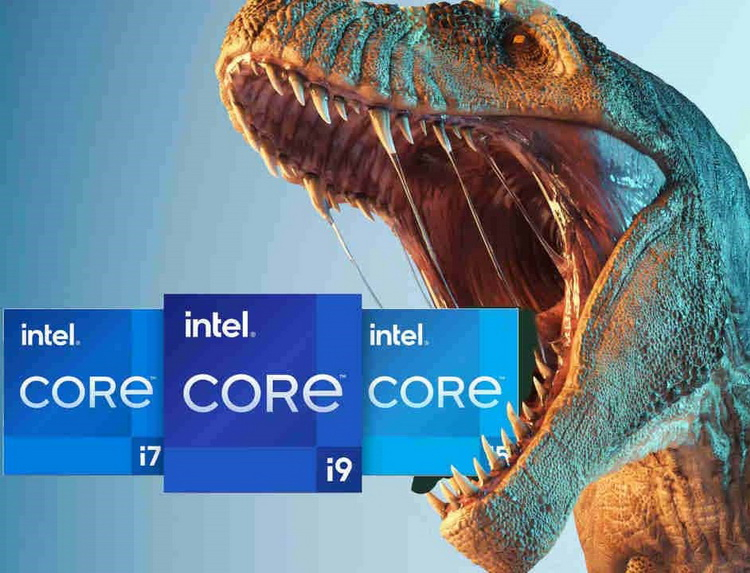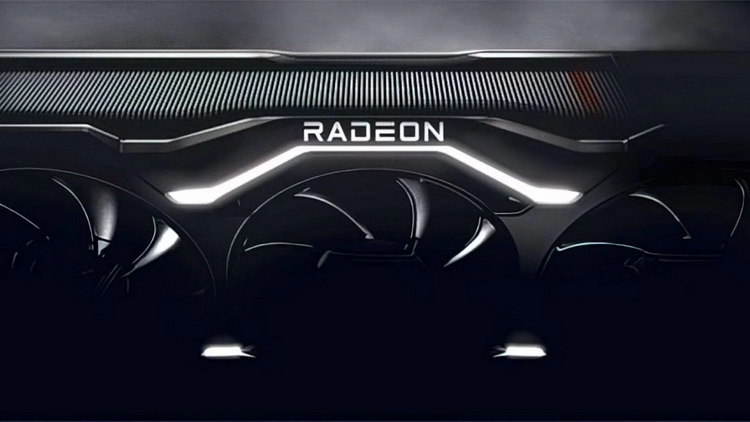
Engineering sample of future flagship 24-core Intel Core i9-13900K processor again marked in Geekbench synthetic test database.Chip performance was tested on ASUS ROG Maximus Z690 Extreme motherboard.This board is equipped with LGA 1700 socket, and ASUS has recently released a new version of BIOS, which brings support for Raptor Lake processors.At the same time, one of the processor cores automatically overclocked to 5.7 GHz.Note that with the same range of clock speeds work engineering samples Raptor Lake 3rd generation (Raptor Lake ES3), which is already available in China through various closed channels.Image source: GeekbanenchThe chip includes eight high-performance cores Raptor Cove with Hyper-Threading technology and 16 Gracemont power efficient cores without support for this technology.According to Geekbench description, the processor has 36 MB of L3 cache memory.But the amount of L2 cache is incorrect - Geekbench only shows the cache of cores of the same type, and in fact the Core i9-13900K will have a total of 32 MB of L2 cache.Image source: GeekbenchThere were some problems with the system timers during the engineering sample test, so the chip performance data would be unfair to compare with any other CPU already available in the market.Image source: GeekbenchIf we ignore this point, the Core i9-13900K engineering sample was 7 percent faster in the single-core test and 37 percent faster in the multi-core test compared to the Core i9-12900K in the same Geekbench 5 tests.Single and multi-threaded performance of Intel and AMD processors in Geekbench 5.Image source: WccftechThe Raptor Lake series processors are expected to debut this October.Intel is very likely to start first with K-versions of chips with an unlocked multiplier and manual overclocking capability.Processors not intended for overclocking, in turn, will appear on the market a little later.


0 Comments